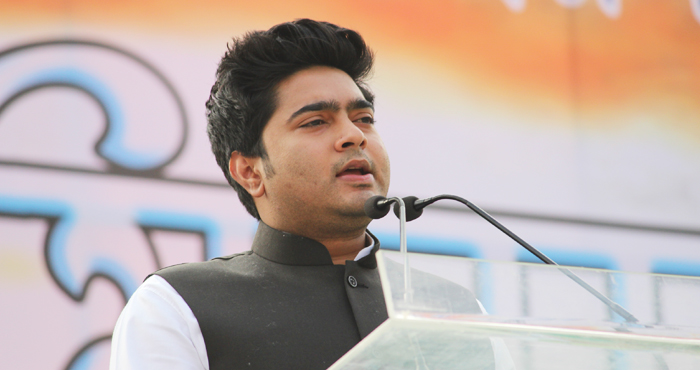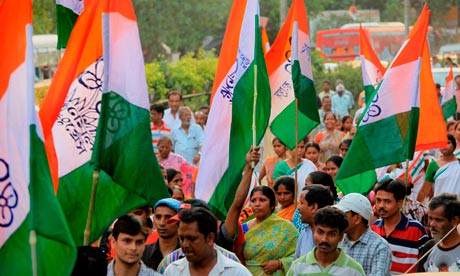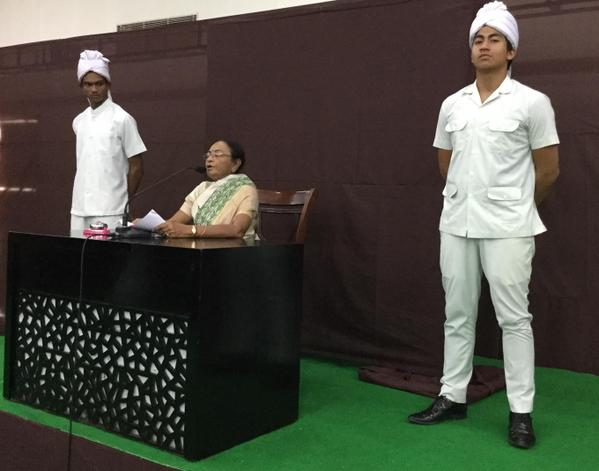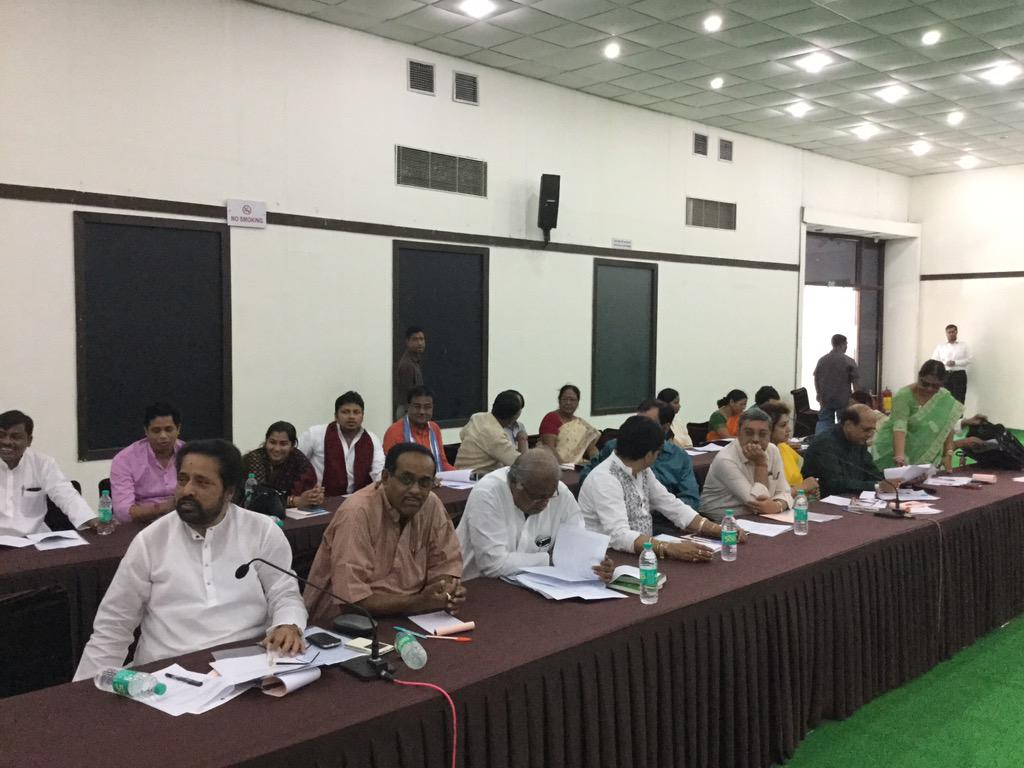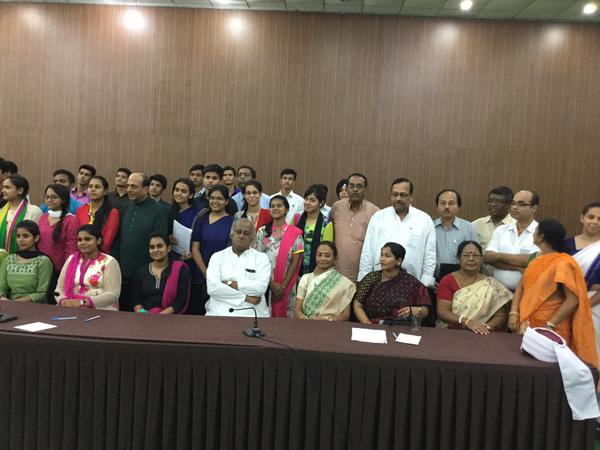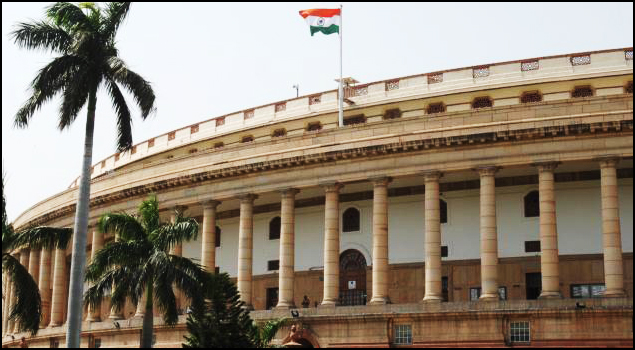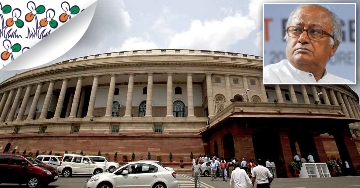Full Transcript
I rise to speak on behalf of my Party on the Negotiable Instruments (Amendment) Bill brought by this Government.
What this Bill attempts to do is to remove any ambiguities regarding the territorial jurisdiction of cases that are to be tried under Section 138 of the Act. I would like to ask the Minister of State for Finance — who is present in the House – – to give us a clarification on the scale of the problem that we are facing.
I find that in an answer given by the Finance Minister, Shri Arun Jaitley, on 9 December 2014, it was stated that:
“The total number of cases pertaining to cheque bounce and dishonour pending in various courts up to 31 July 2013 were 21,94,022 cases.”
However, we find that there is a Law Commission Report, which suggested that, in fact, the number of cases chocking the criminal justice system of this nature amounted to 40 lakh cases, and more than 5.5 lakh are pending in Delhi alone. So, when the Minister of State rises to give his reply, we would like to get a very clear sense of the scale of the problem. But if, in fact, the number of cases pending are, as according to the Finance Minister, just short of 22 lakh until July of last year, then that too, I would say, is 20 lakh cases too many.
There are two points, which make we very said when I see these kinds of statistics. First of all, India, in its economic, monetary and financial history, has always been known for the sophisticated nature of its negotiable instruments. Negotiable instruments that finance long-distance trade, instruments that we knew by the name of Hundi or Suftaja enabled merchants from this country to carry out trade all across the sub-continent and also beyond the shores of this sub-continent in different parts of the Indian Ocean world.
When we have so many cheques bouncing, being dishonoured, what we find is that our whole system of negotiable instruments that had been based on trust seems to have completely broken down because when a cheque is issued, it is not going to be dishonoured. It is basically a violation of trust, which was the basis of our negotiable instruments in the past.
The other feature which makes me very said when I see the statistics is the number of pending cases. This particular Amendment Bill only tinkers at the edges of the problem. What we require from this Government is a scheme for comprehensive judicial reforms. Even in the course of ‘Zero Hour’ today, one of my friends from Murshidabad pointed out how many cases are pending in one district, which he represents. So, this will only address a very small part of the problem. I think we need comprehensive judicial reforms to be brought in.
There is another point that I wish to mention. I will not be as harsh as the preceding speaker from the Opposition, who has said that this Bill helps the moneylenders. If this had been an issue between small debtors and extortionate moneylenders, then we would wholeheartedly be on the side of the small debtors, but in this instance, it is a question of cheques that are being issued which are not being honoured because of either lack of integrity or because of insufficiency of funds, and whoever is issuing these cheques ought to know that these cheques will not be honoured. That is why we are prepared to go along with this particular amendment.
However, who are the people who are the so-called stakeholders who came to the Government as soon as the Supreme Court judgment of 1st August 2014 was delivered? We are reading not just in the media, but also in the Objects and Reasons spelled out by this Government that these were financial institutions and industry associations that were most concerned.
I can see that this Government responds very swiftly when the issue is one of ease of doing business. But will this Government also respond with such alacrity when the question is about small consumers and not businesses? We constantly hear in this House about many banking norms are being simplified.
We have heard the fanfare with which the Jan Dhan Yojana has been advertised throughout the country. But when I go to my constituents in my own Jadavpur Constituency, I constantly hear complaints from people who live either in the City of Kolkata or in the villages to the South of Kolkata which I represent that they face huge difficulties even now for fulfilling KYC norms. This is a genuine difficulty and there is a gap between what is said in this House about easing various norms and the actual difficulties that consumers face.
As was pointed out, there are many villages, there are many Gram Panchayats where there are no banks whatsoever so that there is no question of drawing cheques on those banks which may or may not bounce. So, I would urge this Government that just as they have responded to the concerns of industry associations and of financial institutions, they should also respond to the concerns of small consumers, people who are still denied access to the banking sector. So, I will simply say that this is actually a very small piece of legislation.
What the country requires are major legislations that have to be brought to bring about comprehensive judicial reforms and comprehensive banking reforms which will help very ordinary people in our country to gain access to credit so that they can actually be able to write cheques. That is the basic right that is denied to vast numbers of our people, living particularly in the villages of the subcontinent. Finally, I would simply like to urge this Government that let their rhetoric of being people-friendly not be simply limited to rhetoric.
Let them act, let them legislate and let us implement those legislations for the benefit of the citizens of this country.

